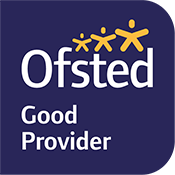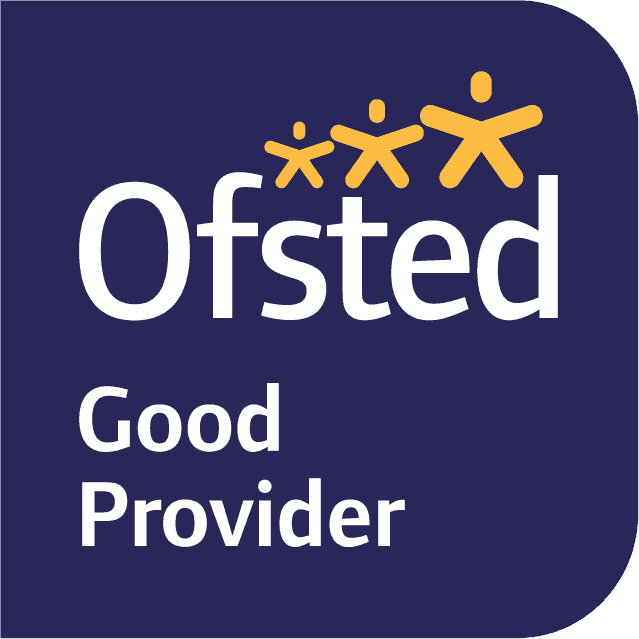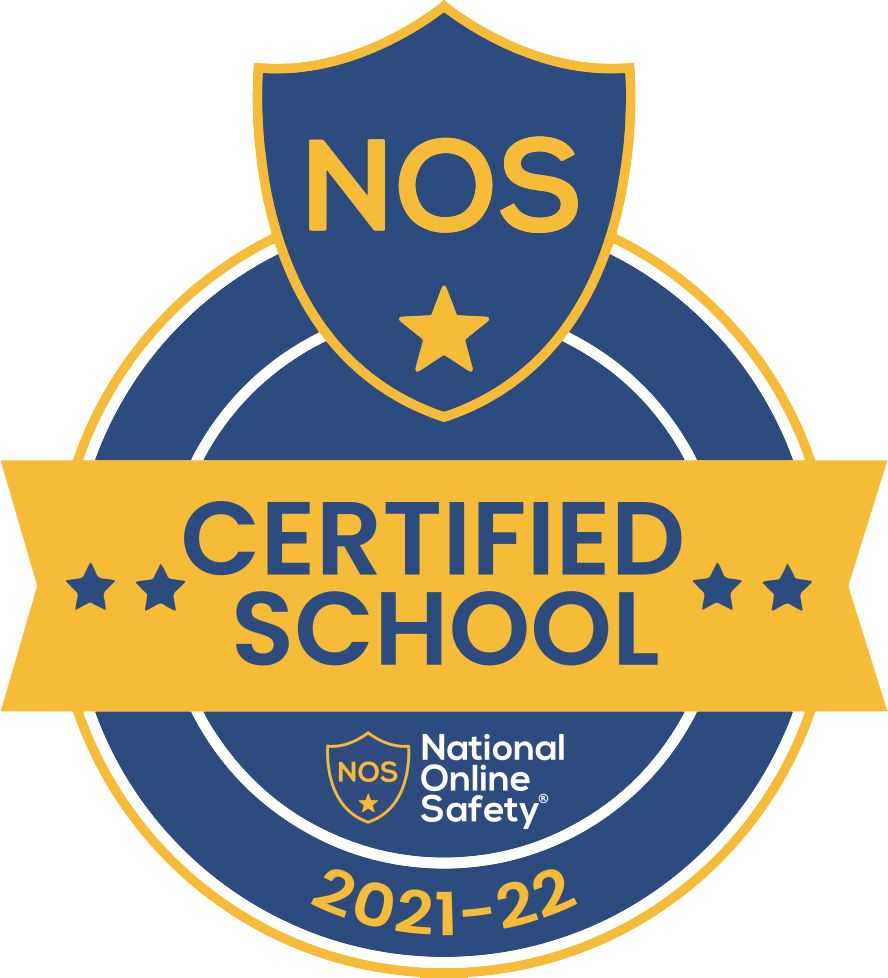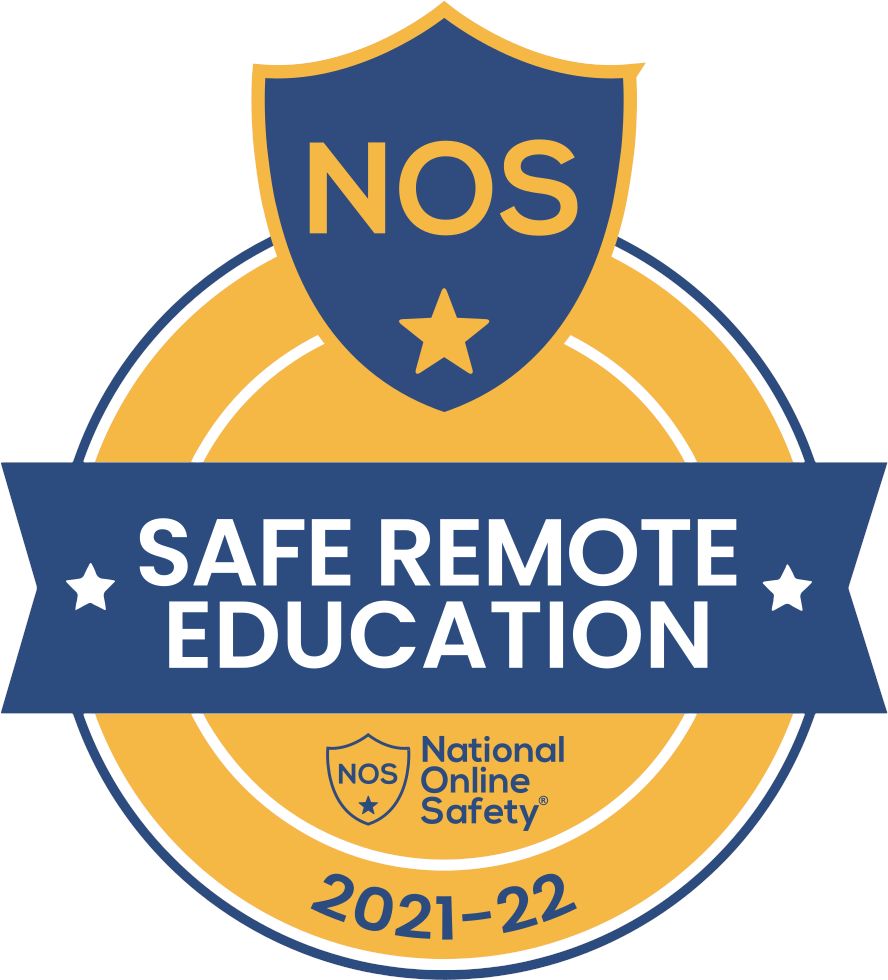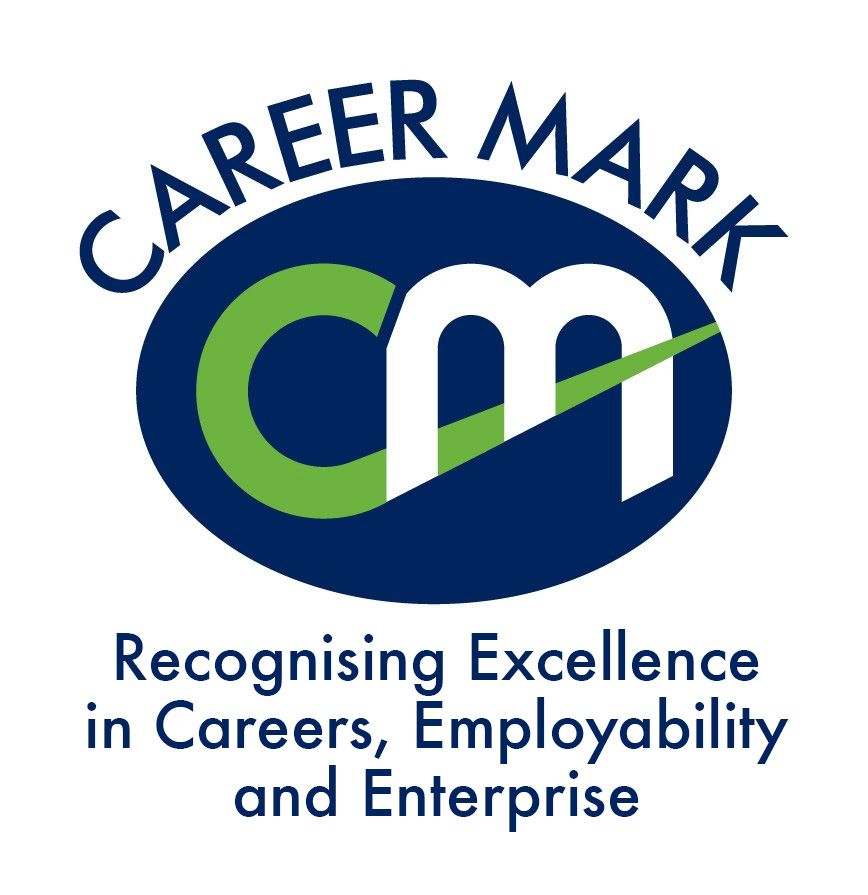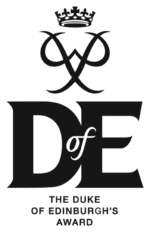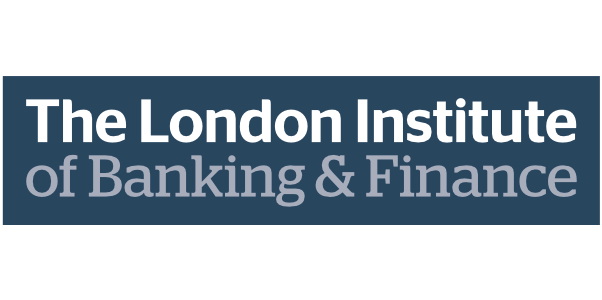Curriculum End Points
Year 12;
-
Explain the reasons for a variety of different types of family and household to exist in modern society
-
Understand the ways in which families and households are affected by social changes and policies adopted by Governments including changing patterns of marriage and personal lifestyles, household structures and gender roles
-
Understand how and why experiences of childhood have changed and how the status of children in the family and society has changed
-
Consider demographic trends in the UK and the wider global changes that influence them (e.g. migration)
-
Link their knowledge and understanding of demographic change from a Sociological perspective with that gained from Key Stages 3 and 4 Geography courses
-
Apply Sociological theories and concepts to issues within society to show an understanding of how and why families and households adapt and change and (developing AO1); the roles and function of the education system and how achievement varies by social group.
-
Know and understand the concepts of pupil identities and subcultures and the hidden curriculum
-
Understand the significance of educational policies and the influence of globalisation and global factors on policy and education
-
Show an ability to independently examine and evaluate societal changes from a range of Sociological perspectives (evidenced in their written responses to sources of information) AO2 and AO3
-
Continue to develop the skills acquired and developed throughout Key Stages 3 and 4 Humanities lessons to agree, build and challenge talking points to create reasoned arguments and use the PEEL structure for responding to written responses
-
Explain the use of Sociological methods in proposing and development theories for people’s behaviour and lifestyles
Year 13;
-
Build on the knowledge and understanding of Sociological theories and methods acquired in Year 12 demonstrated in increasing confidence writing independently using a range of Sociological perspectives.
-
Develop knowledge of ideology, science and religion, including both Christian and non-Christian religious traditions and their relationships between social change and social stability (religious organisations; spiritual beliefs and practice within religious/spiritual organisations and movements)
-
Build on the knowledge and understanding previously acquired in Key Stage 3 (and possibly Key Stage 4) Religious Studies
-
Investigate the significance of religion and religiosity in the contemporary world (including secularisation and globalisation
-
Develop their knowledge and understanding of crime, deviance, social order and social control and its social distribution by ethnicity, gender and social class as explained in Sociological theories
-
Investigate recent patterns and trends in crime (with reasons) including globalisation and the range of crime types
-
Understand methods of crime control and the reasons for surveillance, prevention and punishment (for both perpetrator and victim)
-
Link their knowledge and understanding of Crime and Deviance with their work in Criminology (Diploma) and study of History at Key Stages 3 and 4.
-
Apply their knowledge and understanding of Sociological perspectives to the role of the criminal justice system and other agencies in preventing and dealing with crimes and criminals (AO2)
-
Further develop their ability to analyse and evaluate sources of information (AO3) and write independently to argue their viewpoint (as supported by the work of prominent Sociologists) and reach valid, substantiated conclusions (developing further the skills acquired in Key Stages 3 and 4)

